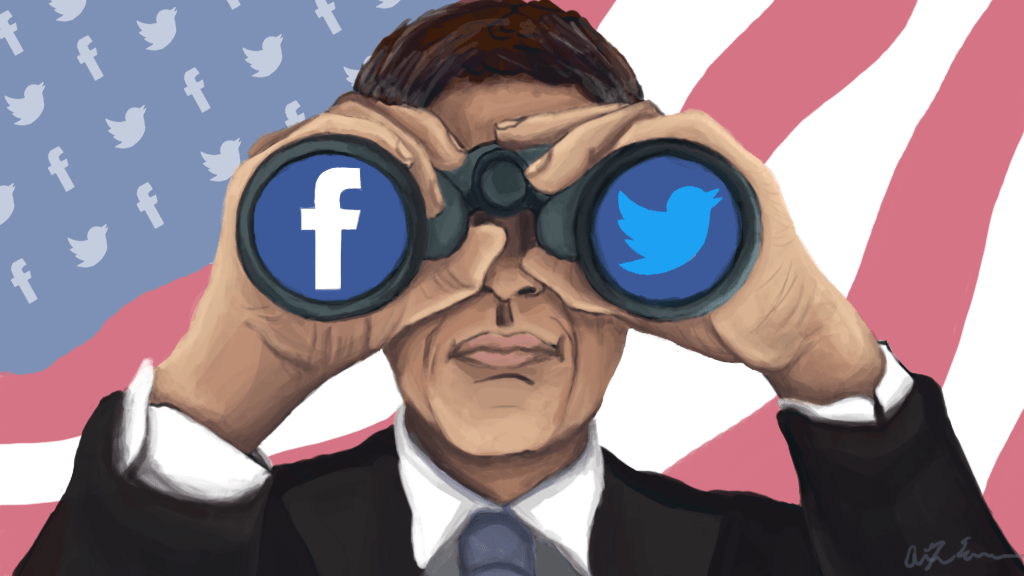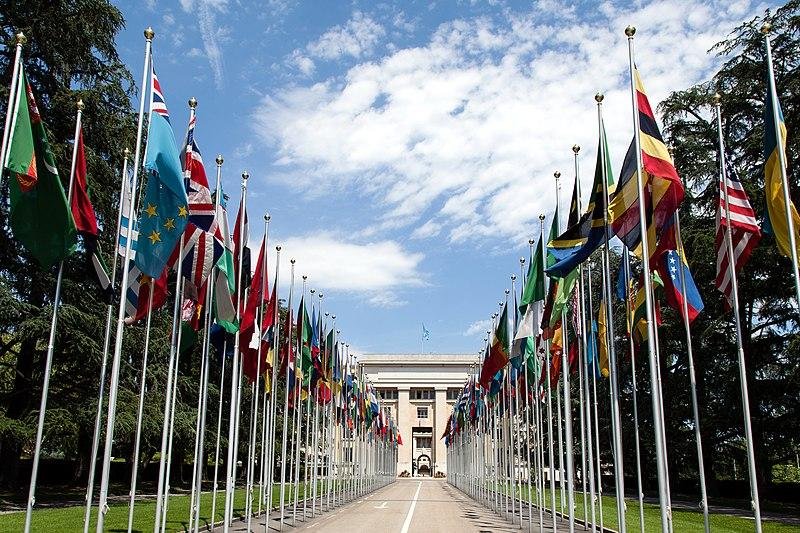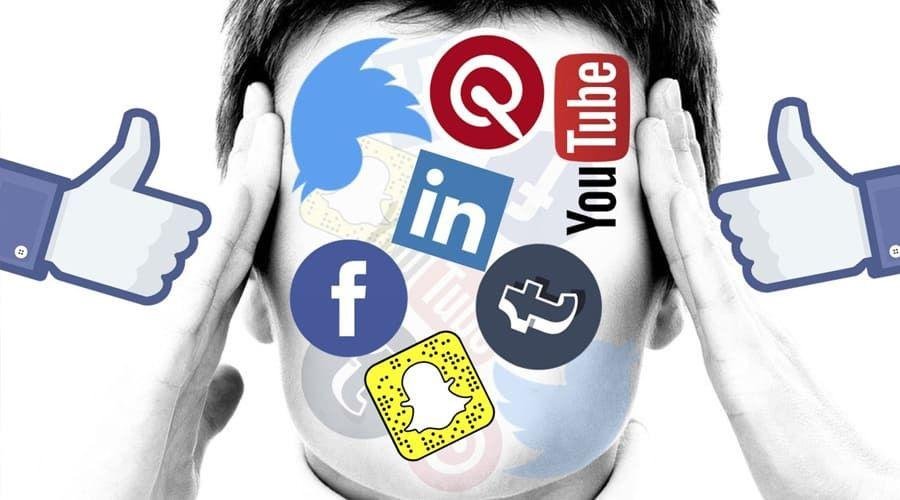The impact of technology on society
This topic explores the positive and negative effects of technology on various aspects of culture, such as social relationships, the economy, education, and health.
Technology has had a significant impact on society over the past few decades. It has transformed the way we live, work, and interact with one another.

While there are certainly many positive aspects to these changes, there are also several negative consequences that we must be aware of.
One of the most significant positive impacts of technology on society is its ability to connect people. The internet, social media, and other forms of digital communication have made it possible for individuals to connect from anywhere in the world.
This has led to increased collaboration, networking, and access to information. It has also made it possible for individuals to maintain relationships with friends and family members who are far away.
Technology has also had a significant impact on the economy. It has created new industries and jobs, such as software development, e-commerce, and digital marketing. It has also made it possible for businesses to operate more efficiently and reach a wider audience.
For example, e-commerce has made it possible for businesses to sell products and services to customers all over the world, while digital marketing has made it easier for businesses to target their ideal customers.
In the field of education, technology has revolutionized the way we teach and learn. Online learning platforms, educational software, and virtual reality are just a few examples of how technology is being used to enhance the learning experience.
These tools have made it possible for students to access educational resources from anywhere in the world, and for teachers to provide personalized instruction that meets the unique needs of each student.
However, there are also negative consequences to the widespread use of technology in society. One of the most significant negative impacts is its effect on social relationships.
While technology has made it easier for individuals to connect, it has also led to a decrease in face-to-face interaction. This can lead to feelings of isolation, loneliness, and depression.
Another negative impact of technology on society is its effect on physical health. The widespread use of computers, smartphones, and other digital devices has increased sedentary behavior, contributing to obesity and other health issues.
It has also been linked to sleep disturbances, eye strain, and other physical issues.
In addition, the widespread use of technology has led to concerns about privacy and security. The collection of personal data by tech companies and governments has raised concerns about its usage and accessibility.
This sparked debates about the necessity for more regulation in these industries and heightened transparency regarding data collection and usage.
Finally, technology has also had a significant impact on the economy, particularly in terms of job loss. Automation and artificial intelligence have increased business efficiency but also led to job elimination.
This has raised concerns about the future of work, necessitating individuals to develop new skills to remain employable.
Conclusion
The impact of technology on society has been both positive and negative. While leading to significant improvements in communication, education, and the economy. It has also had adverse effects on social relationships, physical health, privacy, security, and employment.
As we adopt new technologies, we must remain aware of their potential consequences. Working to mitigate adverse effects while maximizing positive impacts. 카지노사이트







